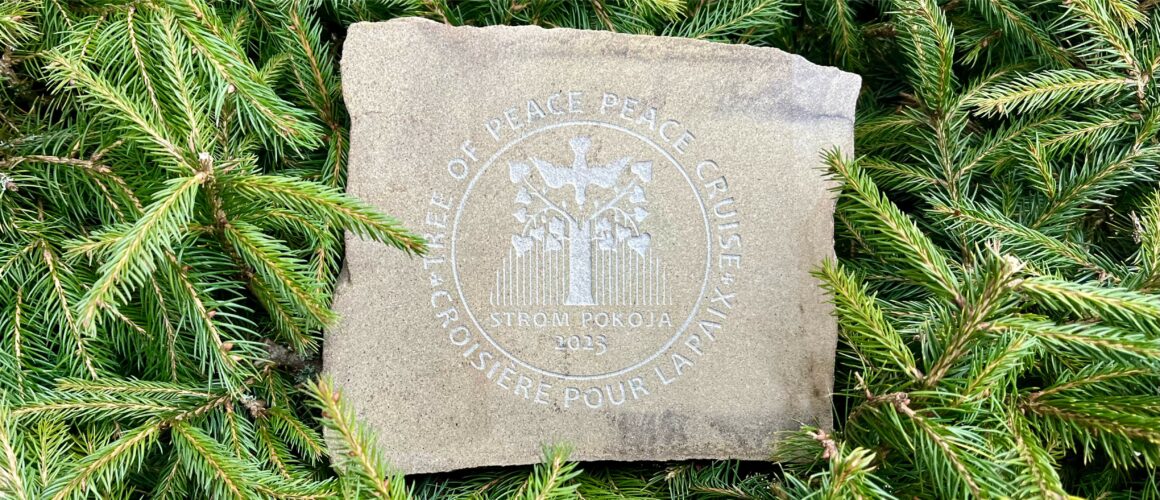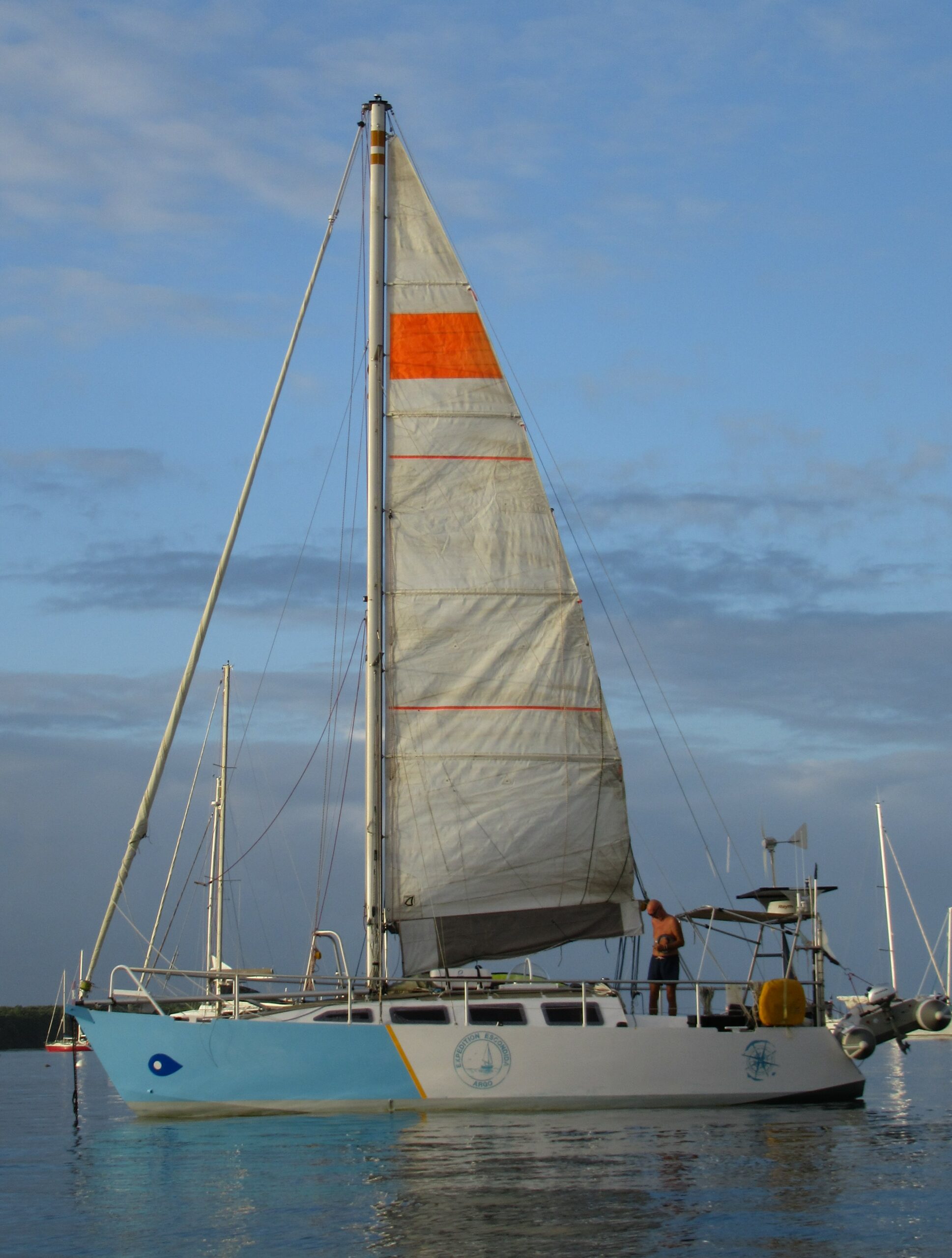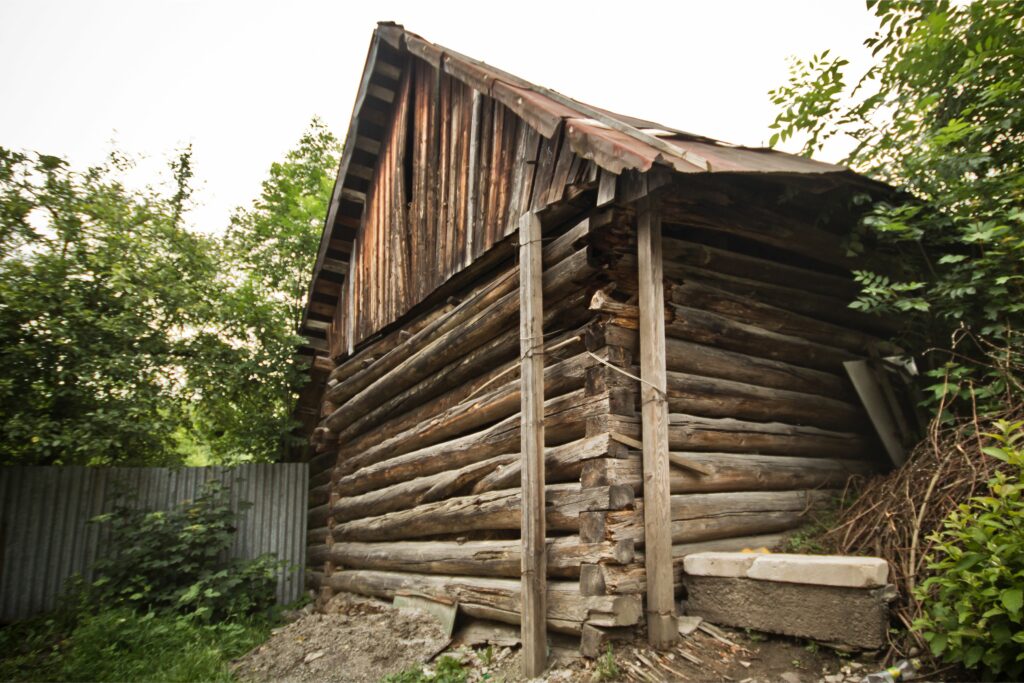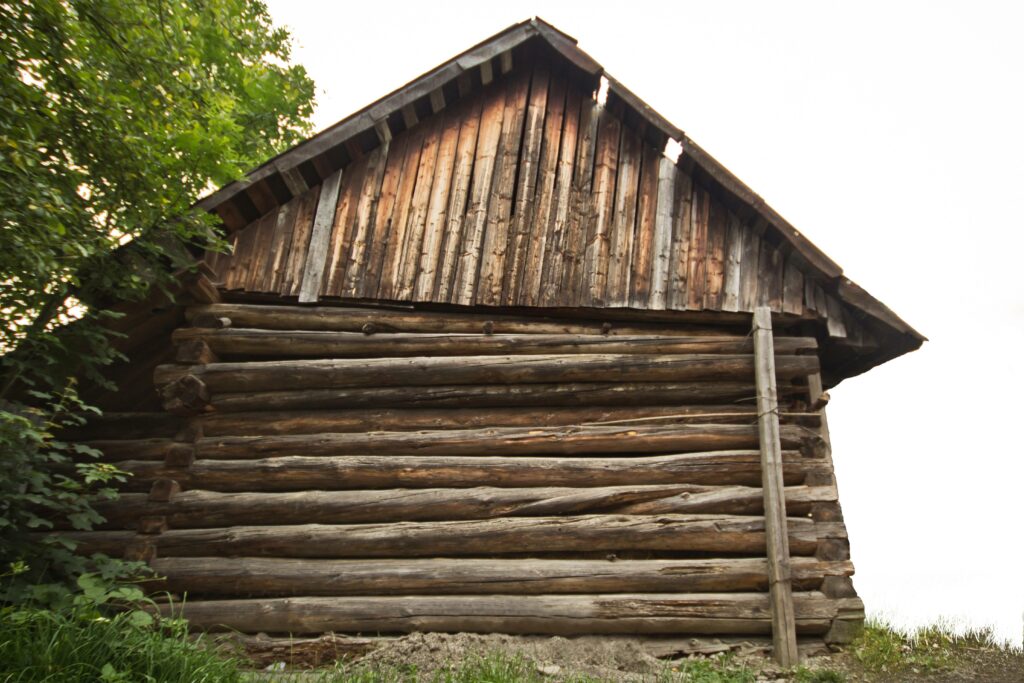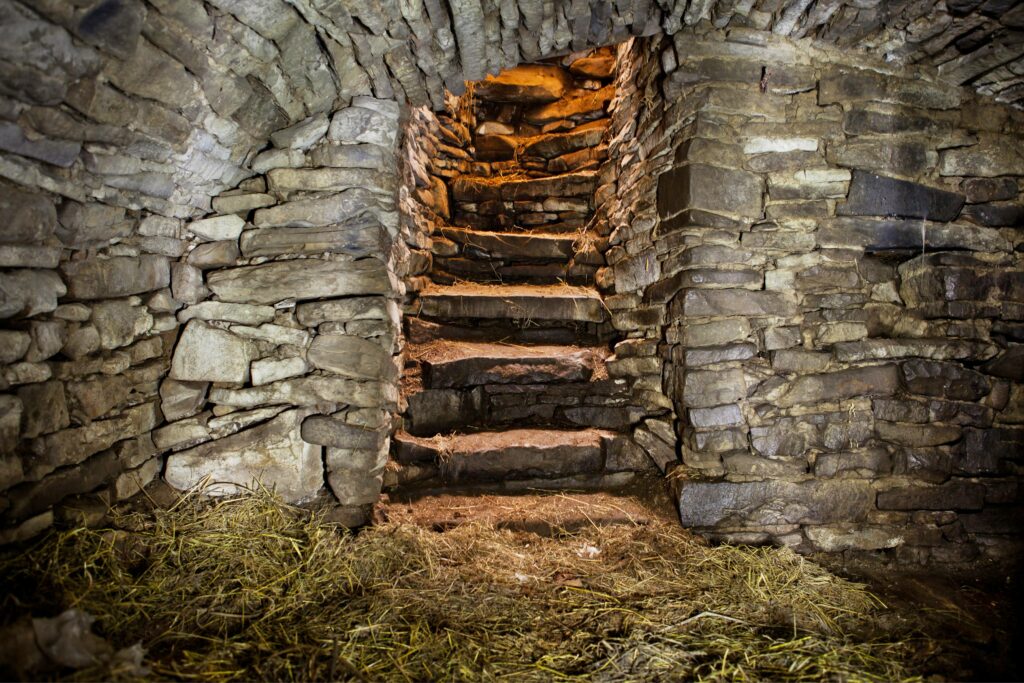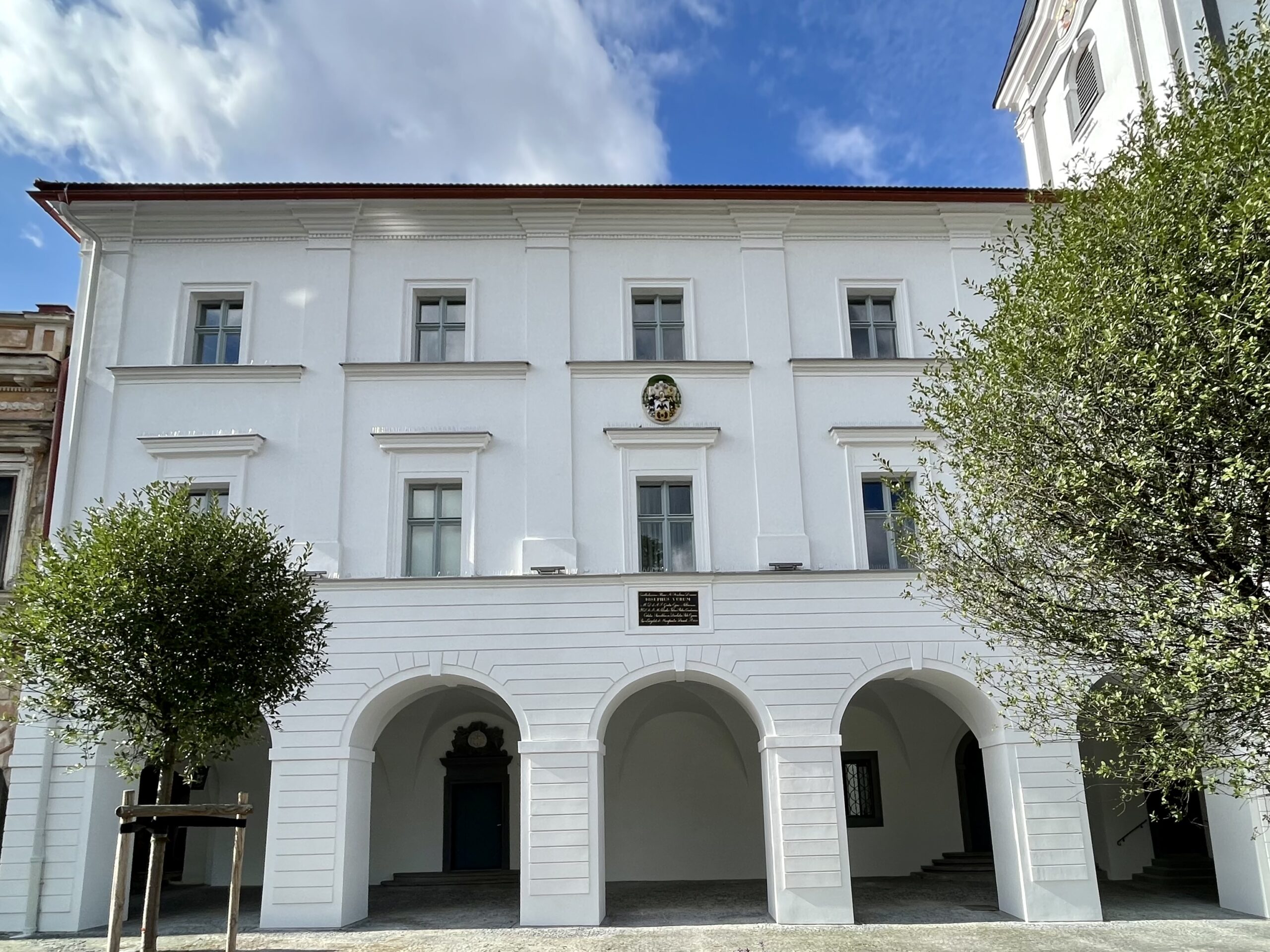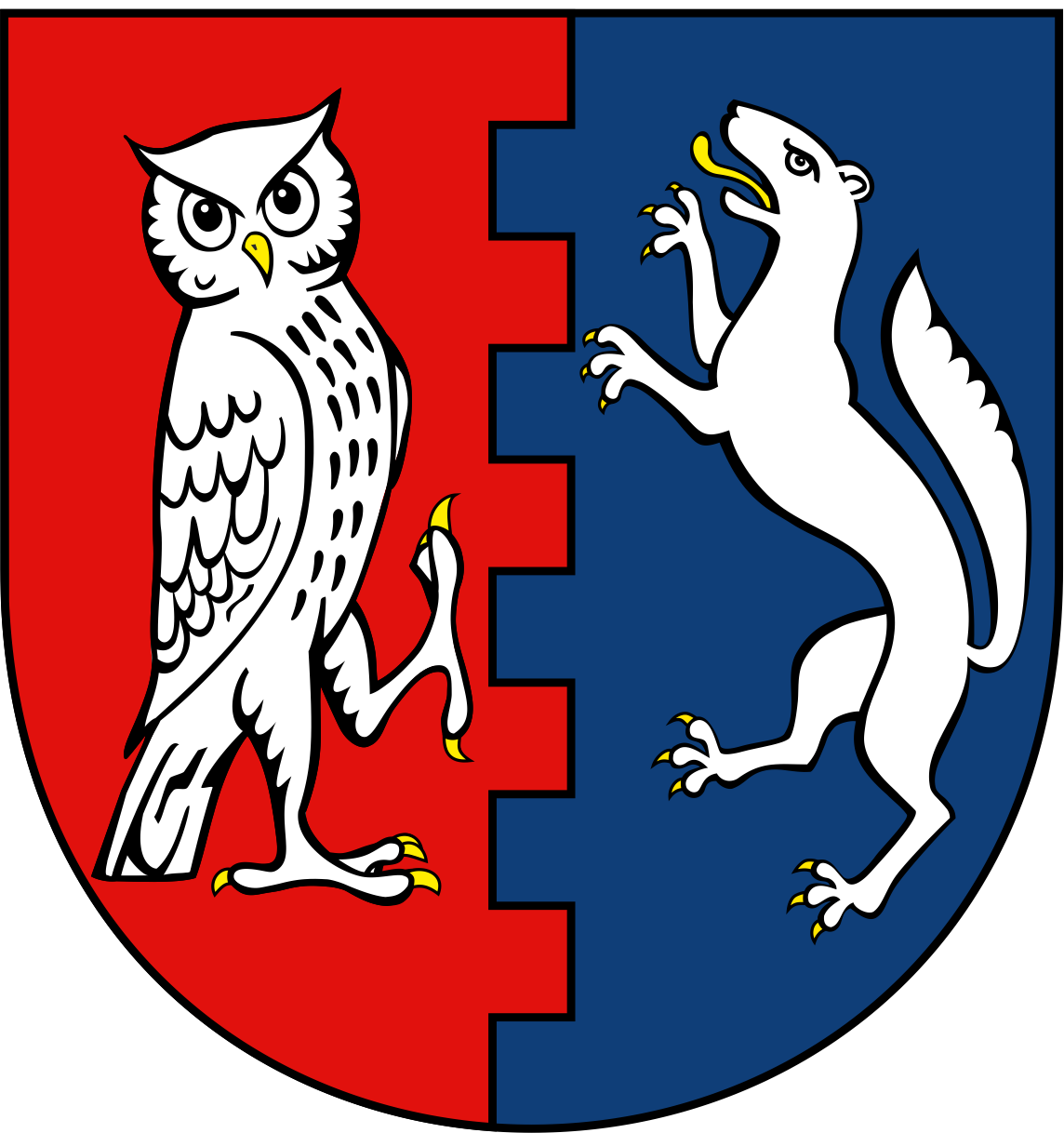Rep. n° 05/2023
Žilina/Divina, February 1, 2023. A French sailor Olivier Merbau, who is currently sailing in the Caribbean on his small sailboat, contacted Servare et Manere with a proposal for cooperation. His future admirable solitary voyage across the Ocean appealed to and inspired us greatly. We have agreed with Olivier that his ship will sail through the Panama Canal under the Servare et Manere flag, and this peaceful voyage will, under the auspices of our association, present the ideas of friendship, peace and understanding between nations. Olivier’s journey will have one more significant moment. The Tree of Peace already grows on almost every continent, but we have not yet left a mark in international waters. So the idea arose to submerge a stone Tree of Peace Plaque in the international waters of the Ocean. Our project is international, and this act will only strengthen this fact.
The plaques that are part of our initiative are made of copper. However, in contact with salt water, copper releases substances that are toxic to marine organisms. Therefore, we accepted the proposal of our new friend and made a stone Plaque. However, the type of stone was not chosen randomly. The Tree of Peace initiative is based on an ordinary story of an ordinary person – Ondrej (Andreas) Sobola (1880 – 1915/1918), great-grandfather of the founder of Servare et Manere, Secretary-General Marek Sobola. Ondrej came from the village of Lalinok, which is currently a local part of the Divinka village. Both villages still belong to Divina Parish today, where Ondrej was baptized in the Saint Andrew the Apostle Church. Marek Sobola spent his wonderful childhood in Divina willage with his grandmother. Her farm also included an ancient barn – a wooden farm building built in 1828. In the winter at the turn of 2022/23, the devastated wooden barn fell down, but a lot of sandstones from the underground cellar remained in its place. One of these stones was selected and used to make a stone Plaque, which was made by a local stonemason. It is an amazing symbolism and connection of the ancient family history of an ordinary Slovak peasant family with a contemporary international project!
The Plaque has already shipped to the Caribbean, and soon it will be on board a small sailboat and set off on another long journey to finally end up at the bottom of the Ocean, thousands of kilometers from a village in northwestern Slovakia. For his extraordinary idea, Mr. Olivier Merbau received the international honourable mention of Servare et Manere, called Friend of Peace. Both of Olivier’s grandfathers fought like Ondrej Sobola in the First World War. Olivier was so kind and told us the story of his ancestors:
“Of course, this is probably not very pleasant to read for the relatives or friends, and it doesn’t take away anything from the trauma they experienced: in some way, Ondrej Sobola was lucky: he died early, and hopefully he died quickly, maybe without even noticing. All soldiers who returned from the war of 1914 – 1918 did not have this chance: too many returned crippled, disfigured, disabled, impotent, thus imposing an additional burden on those around them who often did not need this fate. Like all men in their families without exception, my two grandfathers were among this ones.
His name was Clovis and he saw life through rose-coloured glasses in 1914. Like all the others, he thought all this mess will be finished in a few weeks and he will be back, if not for the harvest, at least for Christmas! They attacked in a tight line as during the Revolutionary Wars, with their garance-red trousers, little blue jacket and already outdated rifles. On the other side were machine-guns… Fortunately, they were probably very poor gunmen: he wasn’t shot, which got him to stay at the front for a few… years! It was then the famous mustard-gas began to be used and he was massively hit. I never heard talking about the war. Besides, he spoke very little, for his lungs, badly burned with acid, hardly worked. I still see him, some sixty later – we are strong in the family – sitting on his straw chair, his eternal handkerchief in his hand, quietly coughing every minute or so, as a regular Swiss clock. He coughed all his life. Sixty years of coughing, every minute of every hour.
He was called Eugene and it was, I was told, a force of nature before the war. I say that because I have never seen him otherwise than sitting, dragging himself painfully from the chair to the bench of the kitchen, or to that one of the court in summer, his back broken in half, leaning on his indispensable cane. It took him a minute or so to make the very few metres between the seats. And his grimaces said how much pain he was in, pain that I didn’t understand from my four or five years. He had not escaped the machine-guns, which had earned him a first long convalescence and to be rewarded by the Legion of Honor for having saved all his company only by himself, according to the official statement which was discovered much later. As soon as he had recovered, he was called back to his unit: theywanted to promote him as NCO but he didn’t knew to read, therefore he remained a simple soldier, immensely respected by the officers of course, but just a soldier, which probably did not change anything because all were gassed, officers included. His lungs were not – too much – affected, but his eyes yes. He became blind. Until the day he asked the doctor if there was not a window at the end of the hallway: he seemed to discern there as a glimmer… They then decided to treat him and he recovered – a tenth to one eye, the other was definitely lost. Long after the military operations had ended, he was sent home, and since he could no longer work as a worker in industry because of his eyes, he became a peasant, a profession he hated. A peasant who didn’t know to read, without resources, without skills, without land, without livestock, and with a disability, so he remained poor – very poor – all his life, despite his sharp mind. During the Second World War, the mayor invented a part-time post for him so he could feed his children… He never talked about his war either. The youngest of his daughters, my mother, took away the little I have just told you after much resistance.”
